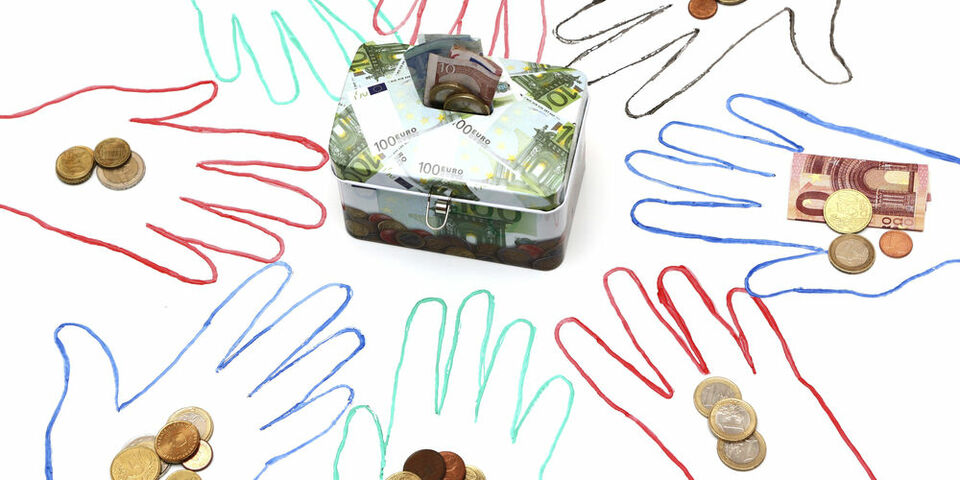The idea behind the campaign is that you can achieve more together than individually. So the fourteen university funds are joining forces to seek donations. Normally they focus on their own alumni but this time they are making a nationwide appeal.
An animated fundraising video clip can be found on their joint website. “We possess the knowledge and the vision, and with your support we can achieve results more quickly”, says the voice of physicist Diederik Jekel, a well-known science journalist and presenter.
Questions
On the website you can get to the various universities by answering pressing questions or by using a map of the Netherlands. One of the questions is ‘Does a breast cancer screening always have to be painful?’ That leads to research at the University of Twente.
An explanatory note by Twente professor Chris de Korte states that a million euros will fund two extra PhD students. He is keen to improve breast cancer screening; donations from members of the public can help speed up his research.
More medical research projects can be found on the website, focusing on topics such as cancer, dementia and a healthy lifestyle. Other research topics include energy, biodiversity and inequality of opportunity.
More quickly
The university funds are closely associated with the universities but are nevertheless independent, says Lilian Visscher, director of the Leiden fund, on behalf of the campaign. The funds have their own boards and their own articles of association. “Sometimes we fund research that would otherwise get no money, the work of young researchers for example. And sometimes the research simply gets done more quickly if we provide support.”
She refers in that context to the Leiden crowdfunding campaign at the beginning of the coronavirus crisis that gave a flying start to the research into COVID-19. The money for this project came from all over the country and the researchers could get to work immediately.
Most university funds have only a limited outreach, Visscher admits. You can never top the nationwide campaigns of charities like KWF Dutch Cancer Society, Greenpeace and Amnesty International. The universities hope that they can raise their profile with a joint campaign.
How much does such a campaign cost? Visscher does not quote a figure but fortunately it is not too high, she says, simply because there are fourteen funds acting together (Nyenrode University is taking part; the Open University does not operate a fund). “We are very careful with our expenditures”, says Visscher. “That’s normal with organisations like ours. But if you do nothing, people won’t know anything about you.”
First donations
The first small donations have been received. Since December 2020, the breast cancer research group at Twente, which has been using crowdfunding for quite a while, has secured more than seven thousand euros. Another 150 euros came in yesterday, according to the website.
Just recently, the University Fund Eindhoven (UFe) announced that in the anniversary year 2021 when TU/e celebrated its 65th anniversary, the number of donors nearly doubled from 1,200 to 2,300.


Discussion